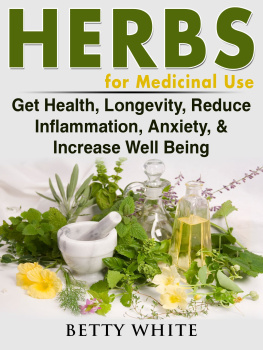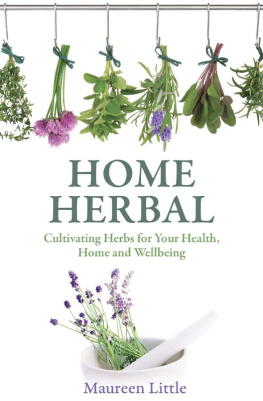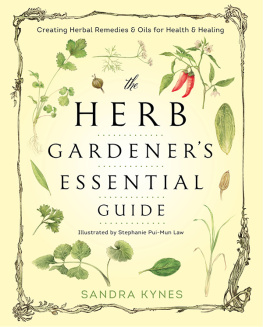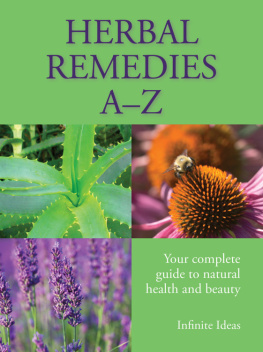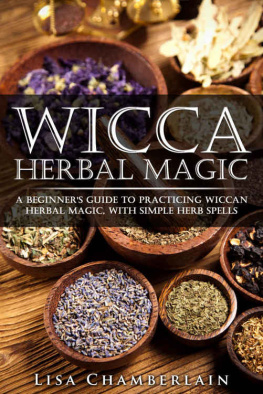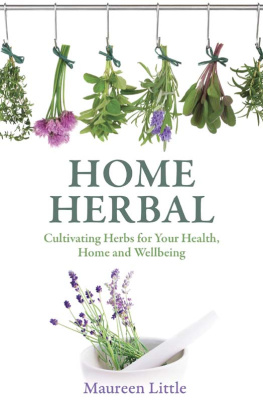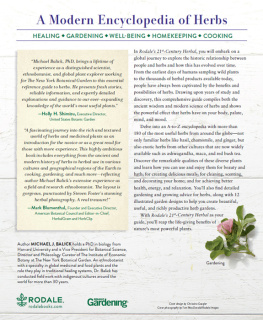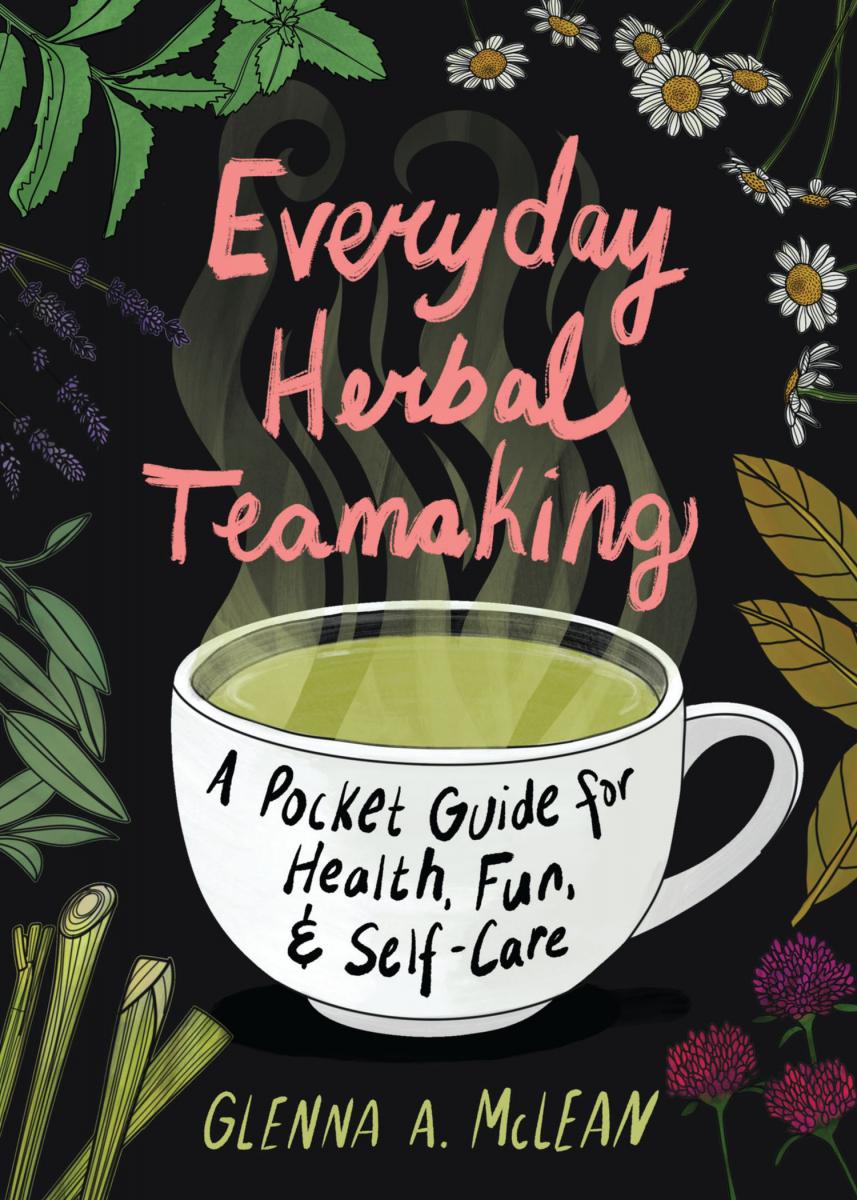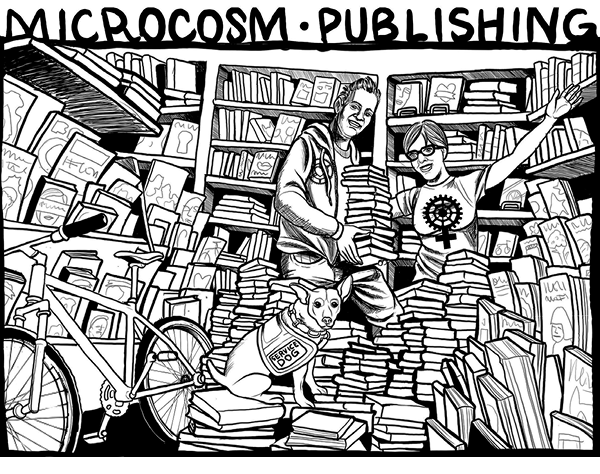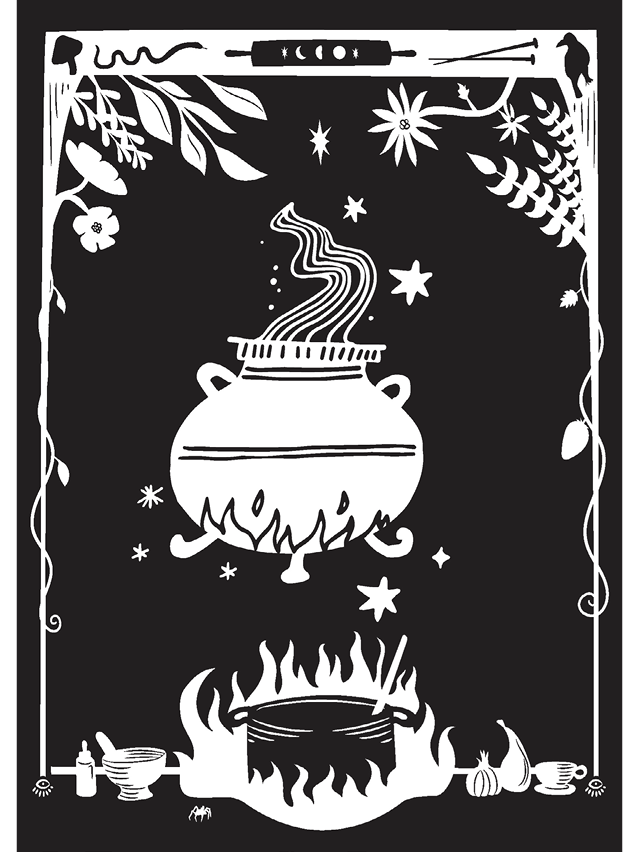Microcosm Publishing is Portlands most diversified publishing house and distributor with a focus on the colorful, authentic, and empowering. Our books and zines have put your power in your hands since 1996, equipping readers to make positive changes in their lives and in the world around them. Microcosm emphasizes skill-building, showing hidden histories, and fostering creativity through challenging conventional publishing wisdom with books and bookettes about DIY skills, food, bicycling, gender, self-care, and social justice. What was once a distro and record label started by Joe Biel in a drafty bedroom was determined to be Publishers Weeklys fastest growing publisher of 2022 and has become among the oldest independent publishing houses in Portland, OR and Cleveland, OH. We are a politically moderate, centrist publisher in a world that has inched to the right for the past 80 years.
Global labor conditions are bad, and our roots in industrial Cleveland in the 70s and 80s made us appreciate the need to treat workers right. Therefore, our books are MADE IN THE USA
Contents
Introduction
Why Drink Herbal Tea?
Presentation
Helpful Hints
Gratitude
Angelica
Anise
Blackberry
Black Currant
Borage
Catnip (Catmint)
Chamomile (Camomile)
Comfrey Root
Dandelion
Eyebright
Fennel
Fenugreek
Ginger
Ginseng
Goldenseal
Hibiscus
Horehound
Hyssop
Lavender
Lemon Verbena
Linden Flower
Nettle
Papaya
Parsley
Peppermint
Raspberry
Red Clover
Rose Hips
Rosemary
Saint Johns Wort
Spearmint
Tansy
(Wild) Strawberry
Vervain
Violet
Yarrow
About the Author
Introduction
W hen I went on my last health food kick, I became enthralled by the myriad of herbal teas out there. They all seem to have this magical, mystical aura about them. My Aquarian side urged me to throw caution to the winds, buy one of everything, and generally run amok.
But I also have a strong streak of Scots-Capricorn running through my veins. There was this small voice that warned me to hold onto my money and find out what I was about to put into my body. What in heavens name would it do for me or to me and what in the hell would it taste like?
I searched for some sort of uncomplicated guide to tell me what I wanted to know. Since I couldnt find it, I decided to write one myself.
This book is meant to be fun. It is not a medical compendium nor is it meant to be used for prescriptions. Its just a general guide to tuck into your jeans or download on your phone and take along with you when you set out to sample herbal teas.
These teas can be found almost anywhere nowadays: a natural foods store, vitamin stores, grocery stores, your local drug store, etc. If you are a naturalist and know what youre doing, you can find tea fixins growing in your yard, in the forest, down the block, or, in my case, growing under the sink, if it comes to that.
Why Drink Herbal Tea?
There are lots of reasons for buying and drinking herbal teas, not the least of which is money. With coffee prices rising steadily and more and more research making claims of caffeine-linked ailments, its time to start taking self-sufficient, self-sustaining living and drinking styles seriously.
Herbal teas also have time-traveling properties to them: one sip and you can be transported back to almost any point in time. There is a tea used to deal with the Black Plague. Some were drunk by King Tut. One or two appeared at Druid ceremonies at Stonehenge. Even during the interminable Puritan church services, herbs were used.
Most herbal teas contain a wealth of various vitamins, minerals, chemicals, and trace elements that your body needs and can use in a (mostly) palatable form, and new science about these herbs is coming out every day. Happily, many of these teas are downright delicious and make more than acceptable replacements for your Liptons, Tetley, Red Rose, whatever. In the interests of fair disclosure, there are also some herbal teas that, while they may be good for you, taste-wise they would give street rats the dry heaves. These will be duly noted.
The most important point is that drinking herbal tea can be fun. Fun!? you ask. Tea is fun? Can anyone have a life that is that dull? Well, yesmine isbut thats another book.
Presentation
I have reviewed thirty-five of the most popular herbal teas. These reviews are divided into six categories: botanical names, parts used, their medicinal reputations, tasters evaluations, a report card grade, and their their traditional and modern lore.
By fair means and foul (photographs from faculty Christmas parties, bribery, out and out threats of physical force), I was able to persuade many fellow teachers to agree to volunteer to sample the teas and fill in a brief reaction paper about them. Therefore, the assessments are purely subjective, as are the grades. The grading system is simple: A++ is the best; Z is the pits.
The botanical names are included because there are many herbs that look very similar, share the same name, or have various local names. The specific parts used for brewing are mentioned in case you wish to grow or gather your own. While most herbs are perfectly safe, occasionally some can present a problem if the wrong plant parts are used. Before you freak out, remember that while rhubarb stems are delicious in a pie, rhubarb leaves will make you a sick, sick (and possibly dead) puppy if you eat them. Thats why you never see rhubarb in grocery stores with the leaves still on them. And, by the way, the same goes for potatoes. While the tubers are big yummy, the leaves are deadly. Feel better now?
FYI: One of the herbs that scared the living daylights out of me was black cohosh. It was very fashionable for a while, with all kinds of wonderful claims about its properties. My sister (and many others) used it, but she stopped when she began feeling unwell. She had medical tests done and tested positive for liver cancer. Luckily, she had a doctor who was brilliant and asked her if she was taking black cohosh. After a month of not drinking the cohosh, her liver was retested and she came up clean. Apparently, her case was not unusual.
I have tried to point out other possible troublemakers in this book but, on the whole, its probably better to stick to the commercially sold herbs and plantsunless you really are a plant expert. In the same vein, those who are pregnant should always speak with their doctor before introducing anything new into their system; many of these herbs can have detrimental effects during pregnancy.
I have also included some of the most commonly mentioned medicinal properties ascribed to these teas through the centuries. Herbal teas are not a replacement for medicine, nor does this book intend that you use them as such. However, their traditional uses and the lore surrounding their benefits are frequently being corroborated by modern medical research.
Helpful Hints
When using bagged teas, try using two bags at a time per cup for more body and flavor. There never seemed to be enough real flavor when using just one bag. However, when using the loose pack teas, start with only one-half teaspoon per cup. For some reason, the loose teas seem more potent.


